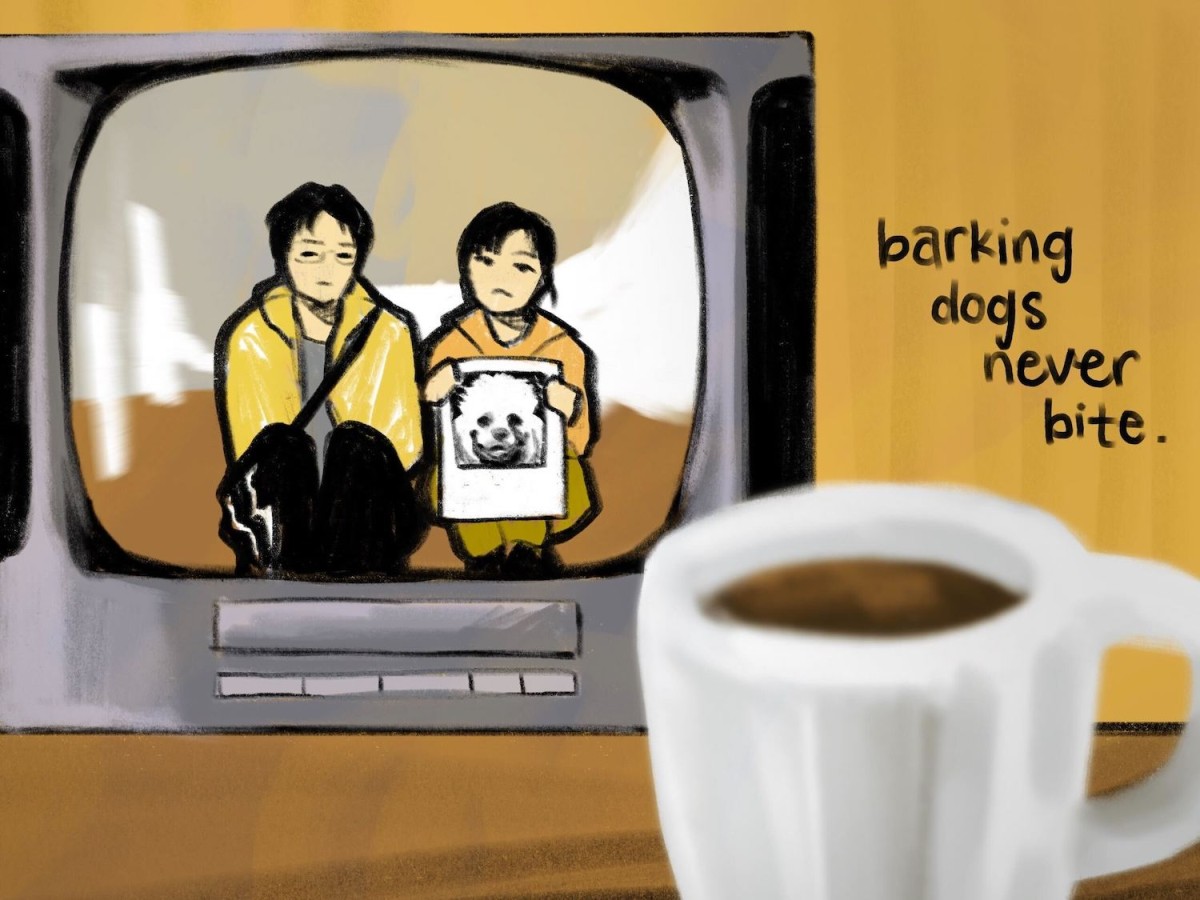Korean filmmaker Bong Joon-ho is one of the most distinguished directors working today. From his use of dark humor to encapsulate oppressive class structures to his trademark anxiety-inducing action sequences, he constantly explores diverse cinematic approaches to shed light on the irony of human nature.
While he began to gain international attention through his 2003 breakout thriller “Memories of Murder,” his original followers were already fans of his debut film “Barking Dogs Never Bite,” a project many of them referred to as the “cursed masterpiece.” Though the film did not achieve commercial success, despite positive critical reviews, “Barking Dogs Never Bite” is a prototype of Bong’s films, representing everything audiences love about his work in its rawest form.
The film follows Yun-ju (Lee Sung-Jae), an unemployed scholar desperate to become a college professor, as he contemplates whether to bribe the dean of the college to attain the position. Amid his turmoil, he is deeply irritated by the sound of a dog barking from an unknown household of his apartment building. When he spots a dog on the street of the resident complex, Yun-ju resorts to kidnapping it, indirectly causing its death. A few days later, the barking continues and he realizes that he has kidnapped the wrong dog. Meanwhile, a young woman that is working for the apartment — Hyun-nam (Bae Doona) — starts to investigate the series of canine murders with the hope of being acknowledged by the news for her acts of justice.
While “Barking Dogs Never Bite” might look like a simple comedy at first glance thanks to its slow-motion chases and upbeat music, a closer look will make the audiences realize that this film hides a darker reality behind its cartoonish facade. But behind the film’s absurd comedic style, Bong paints a strikingly realistic picture of Korean society. From the mentally ill vagrant who is framed for a crime he didn’t commit, to an unemployed academic who can only become a professor through bribery, everything links back to the inequality of the structure of Korean society. The events are encapsulated in an apartment complex full of selfish residents who don’t care about their neighbors — a microcosm that shows society’s subtle animosity.
The disparity between the movie’s whimsical tone and its stark depiction of reality results in the brutal comedy of “Barking Dogs Never Bite,” making this one of the most ironic films in Bong’s filmography. The comedic sequences contrast with gruesome images of dogs getting murdered, making the audience unsure whether to be amused or disgusted by what is on the screen. While his visual and narrative style seems underdeveloped compared to his later works, it is easy to identify Bong’s unique sense of humor and pacing in this debut film.
“Barking Dogs Never Bites” is by no means flawless. The cuts are choppy, the continuity is flaky and it is quite easy to get lost within the narrative that follows the two protagonists. But it is also a film that reflects the origin of Bong’s iconic “Parasite” (2019), the struggles Bong went through in perfecting his craft, and the familiar creative choices that appear in his later films such as “Mother” and “Snowpiercer.” With our society more divided than ever, this sharp satire brings a mirror up to the ingrained antagonism we keep hidden inside.
Contact Tony Jaeyeong Jong at [email protected].


























































































































































